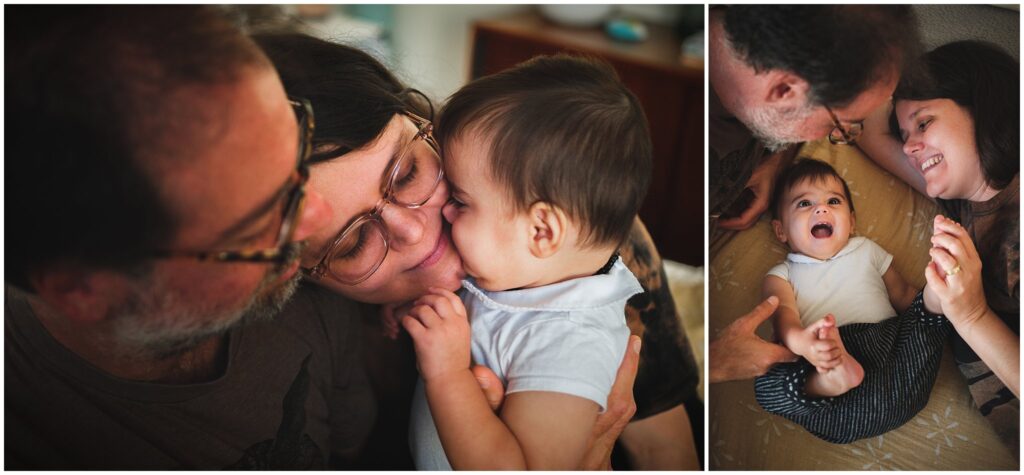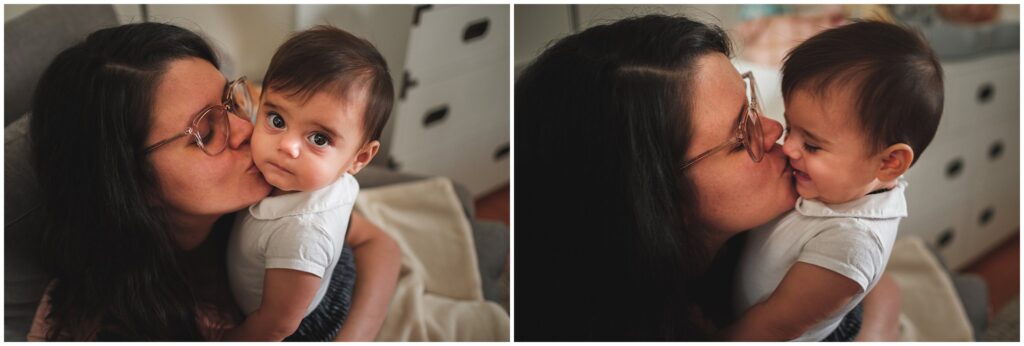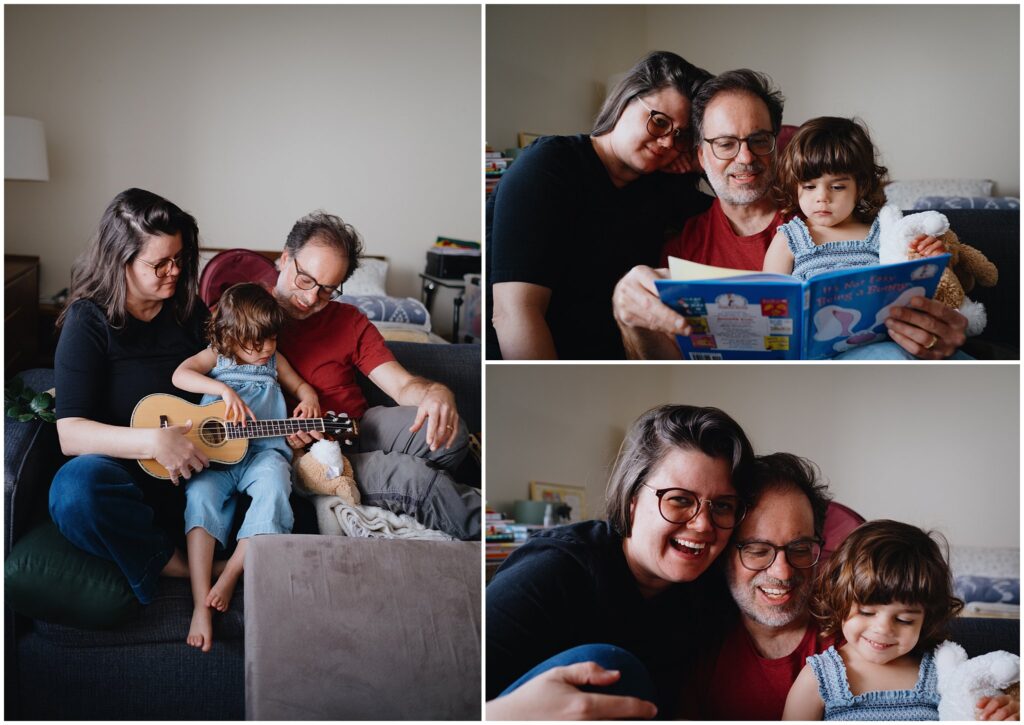Toddlers, Tantrums, and Mental Health – “I Wish I Knew…” Episode 02

newborn
family
Client tips
parent tips
"I wish I knew"
I'm Marjorie
LOS ANGELES NEWBORN & FAMILY PHOTOGRAPHER
I work with parents who want relaxed and unposed photos, providing them with images that capture the joyful and unscripted moments in life.
More about Me
Toddler parents Ximena and Arie talk about the challenges and rewards of toddlerhood, tantrums, and taking care of your mental health as a parent.
Toddlers, Tantrums, and Mental Health
They describe what a tantrum looks and feels like, how they cope with it, and how they support each other along the way. Ximena also discusses parenting with OCD (Obsessive Compulsive Disorder) and prioritizing self-care in order to be a better parent.
Below, you’ll find resources on all these topics and more!

TABLE OF CONTENTS

What is a tantrum?
“A tantrum is when a child exhibits uncontrolled bursts of anger and frustration which can involve screaming, stomping, kicking, or throwing themselves to the ground.
Common reasons kids have tantrums include being hungry, feeling overtired, or not feeling well. Tantrums that stem from physical discomfort are not usually a cause for concern.
In most cases, tantrums stop within a few minutes and a child calms down and is able to resume their day in a normal fashion. And while tantrums can be frustrating and embarrassing for parents (especially when they occur in public), they usually shouldn’t be a cause for concern.”
Source: Very Well Family

7 Ways to deal with a tantrum
“What can we do when we’re actually in this kind of high-stress moment with our kids? I don’t believe parents should ignore a tantrum. When children are truly out of control, that’s when they need us the most. We still need to set clear boundaries, but our response should always be full of love, respect and patience.
Here are seven suggestions for dealing with a toddler’s tantrum:
- Pay attention to triggers
- Connect emotionally
- Set boundaries
- Use playfulness
- Be flexible
- Remain Calm
- Always Repair”
Check out the attached article by Dr. Tina Payne Bryce where she elaborates on each point.
Source: Dr. Tina Payne Bryson – download full pdf here

8 Reasons to be grateful for tantrums
“I know what you’re thinking: “File this one under ‘You can’t be serious.’”
But I am serious.
Nobody likes a tantrum: not your little one, and certainly not you. But even though we don’t enjoy our kids’ tantrums, there are plenty of reasons to be grateful for the times when they get the most upset.
- It signals growth
- It shows individuality
- It shows where to focus
- Your child feels safe
- You can show your love
- Emotions get to be felt
- It calls for reflection
- You grow as well
Again, I’m not saying that you’re supposed to enjoy the next time your 2-year-old starts screaming and knocking items off the shelf at Old Navy. I’m also not saying that you allow your child to harm others or destroy property; kids need boundaries. But it really is true that as unpleasant as that moment may be, there are plenty of reasons to appreciate it and use it as an opportunity to help your child continue to grow and develop into exactly who he’s supposed to be.”
Check out the attached article by Dr. Tina Payne Bryce or visit the link to learn more.
Source: Mom.com article by Dr. Tina Payne Bryson – download full pdf here

Caring for your mental health while parenting?
“How can parents and caregivers check on their own mental health so they can be there for their children? Connecticut Children’s pediatric psychologist Bradley S. Jerson, PhD, joins the Growing Healthy blog with tips.
- Focus on your relationship with your child – and don’t worry about the other stuff
- Give yourself permission to do a “good enough” job as a parent
- Stop the comparisons
- Forgot “should”
- When stress is getting the better of you, pause
- Tag in a trusted helper
- Practice self-care
- Get mental health support
For your child to be able to come to you, your own tank can’t be empty. If you’re struggling, the greatest gift you can give to your child is to seek mental health support for yourself.”
Check out the full article where Dr. Jerson elaborates on each point.
Source: Connecticut Children’s

Obsessive Compulsive Disorder
“Obsessive-compulsive disorder (OCD) is a common, chronic, and long-lasting disorder in which a person has uncontrollable, reoccurring thoughts (“obsessions”) and/or behaviors (“compulsions”) that he or she feels the urge to repeat over and over.
People with OCD may have symptoms of obsessions, compulsions, or both. These symptoms can interfere with all aspects of life, such as work, school, and personal relationships.
Obsessions are repeated thoughts, urges, or mental images that cause anxiety. Common symptoms include:
- Fear of germs or contamination
- Unwanted forbidden or taboo thoughts involving sex, religion, or harm
- Aggressive thoughts towards others or self
- Having things symmetrical or in a perfect order
Compulsions are repetitive behaviors that a person with OCD feels the urge to do in response to an obsessive thought. Common compulsions include:
- Excessive cleaning and/or handwashing
- Ordering and arranging things in a particular, precise way
- Repeatedly checking on things, such as repeatedly checking to see if the door is locked or that the oven is off
- Compulsive counting”
Check out the full article for more information.
Source: National Institute of Mental Health
About Marjorie
Hi, I’m Marjorie. I’m a Newborn & Family Photographer based in Los Angeles, California, and the creator of this documentary series, “I Wish I Knew… A Series on Parenthood.”

Soon after I started my business and began hanging out with different families, I realized every single parent I knew had gone through something. Everyone had a story.
I decided to use my background in filmmaking to create a platform where parents could share their stories. My hope is that we can learn from each other and normalize events and experiences that have been labeled as taboo.
Sign up to receive the latest episode!
If you’re interested in staying in the loop and being among the first to watch new episodes as they are released, join the email list!
We cover topics such as mental health, pregnancy loss, adoption, divorce, out-of-hospital birth, and more.
Preparing Your Home For Your Photo Session
Easy and stress-free guide on getting your home ready for a photo session. Here’s what you need to do and here’s what you can skip!
5 Quick Tips for
grab your guide
free guide
Post Comments